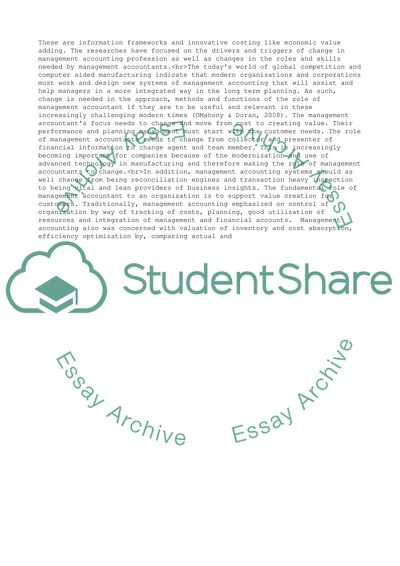Cite this document
(Performance & Financial Management - Assignment Essay, n.d.)
Performance & Financial Management - Assignment Essay. https://studentshare.org/management/1806099-performance-financial-management-assignment
Performance & Financial Management - Assignment Essay. https://studentshare.org/management/1806099-performance-financial-management-assignment
(Performance & Financial Management - Assignment Essay)
Performance & Financial Management - Assignment Essay. https://studentshare.org/management/1806099-performance-financial-management-assignment.
Performance & Financial Management - Assignment Essay. https://studentshare.org/management/1806099-performance-financial-management-assignment.
“Performance & Financial Management - Assignment Essay”. https://studentshare.org/management/1806099-performance-financial-management-assignment.


